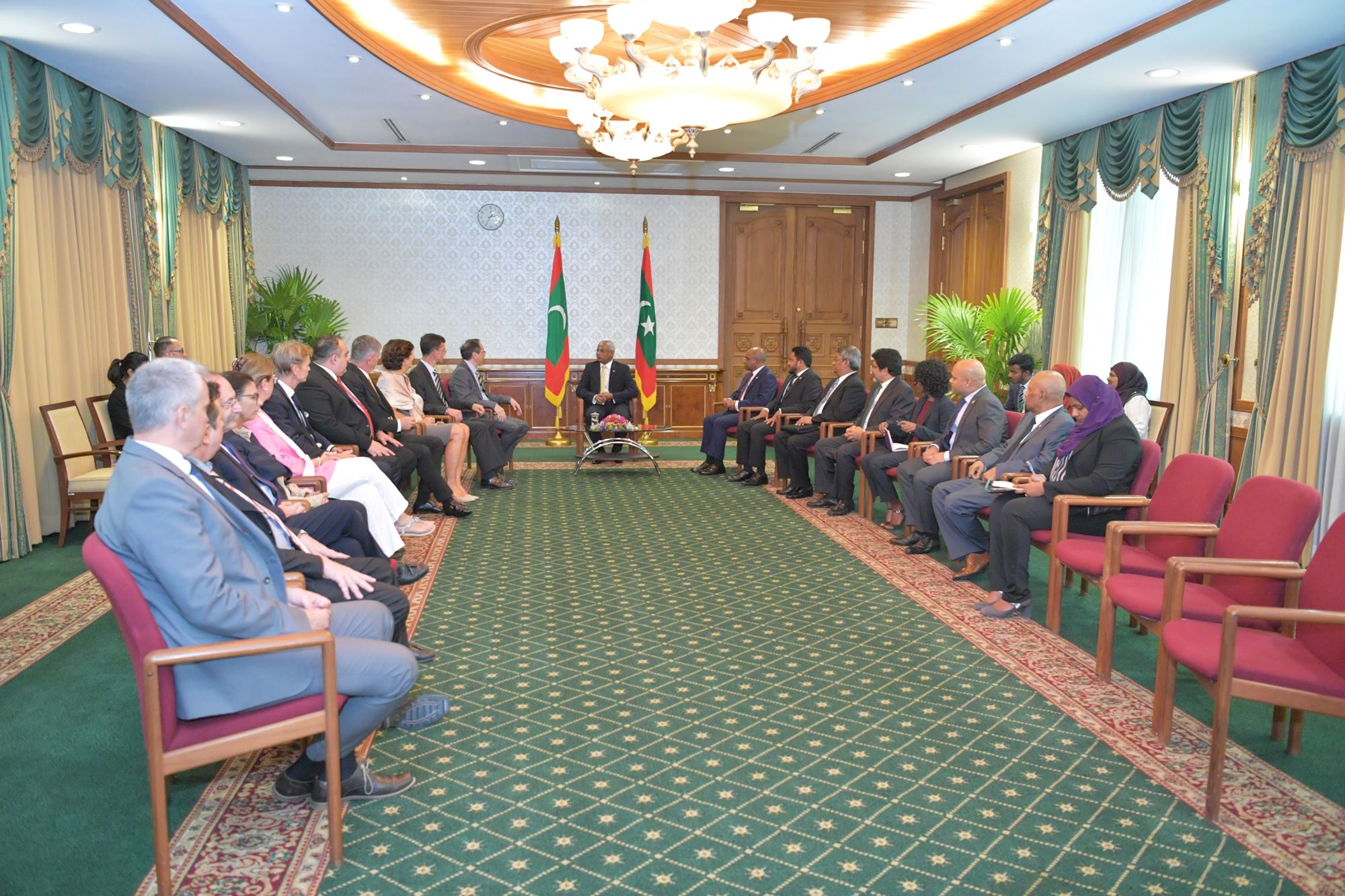Maldives seeks duty-free fish exports to European Union
A request was made at the annual policy dialogue with EU ambassadors.

12 Mar 2019, 09:00
The Maldives government on Monday asked the European Union to consider granting duty free access to fisheries products, the country’s chief export.
The request was made at the fourth annual policy dialogue with EU ambassadors at the Kurumba resort near the capital Malé.
“The EU took note of the request but highlighted the requirement for the Maldives to fully comply with [Illegal, Unreported and Unregulated] fishing regulations,” reads a joint statement.
“The EU Member States also took note of the Government’s request to explore the means of facilitating the Schengen Visa process in the Maldives.”
Become a member
Get full access to our archive and personalise your experience.
Already a member?
Discussion
No comments yet. Be the first to share your thoughts!
No comments yet. Be the first to join the conversation!
Join the Conversation
Sign in to share your thoughts under an alias and take part in the discussion. Independent journalism thrives on open, respectful debate — your voice matters.




